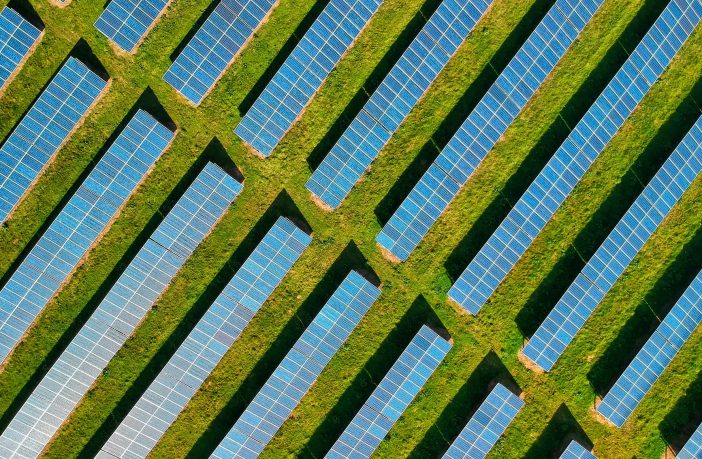- The energy sector in South Africa has been abuzz this past week with clear indications that the counrty is moving towards a more decentralised structure.
- In his Stateof the Nation Address (SONA) seven days ago, President Cyril Ramaphosa announced that amendments to the Electricity Regulation Act, 2006 (Act of 2006) were available for public comment.
- Earlier this week, Department of Mineral Resources and Energy (DMRE) announced the draft Electricity Pricing Policy (EPP) for public comment.
- Yesterday, the mayor of Cape Town announce a 300MW renewable energy procurement tender. Read more
Speaking in Cape Town at SONA last week, South Africa’s president said that “The electricity crisis is one of the greatest threats to economic and social progress. Loadshedding continues to have a huge impact on the lives of all South Africans, disrupting business activities, and placing additional strains on families and communities.”
The amendments proposed via the Electricity Regulation Amendment (ERA) Bill will see changes to the existing Electricity Regulation Act and will broaden the national regulatory framework for the electricity supply industry. The proposed amendments will align the country with the international best practice in energy and provide for the functions of a Transmission System Operator, and for a licensing framework for power generation, transmission, distribution and trading, according to the DMRE
Link to the Electricity Regulation Amendment (ERA) Bill HERE
South Africa’s Department of Mineral Resources and Energy (DMRE) has also published the draft Electricity Pricing Policy (EPP) for public comment. This proposes changes to end-user costs in South Africa’s electricity sector.
“The policy provides the general pricing principles, the wholesale energy and transmission pricing structure, and the distribution and retail pricing structure. The revised EPP seeks to strike a balance in providing affordable electricity tariffs for low-income consumers and a cost-reflective electricity tariff for all other consumers,” the department said in a statement.
Link to the draft Electricity Pricing Policy HERE
Author: Bryan Groenendaal











